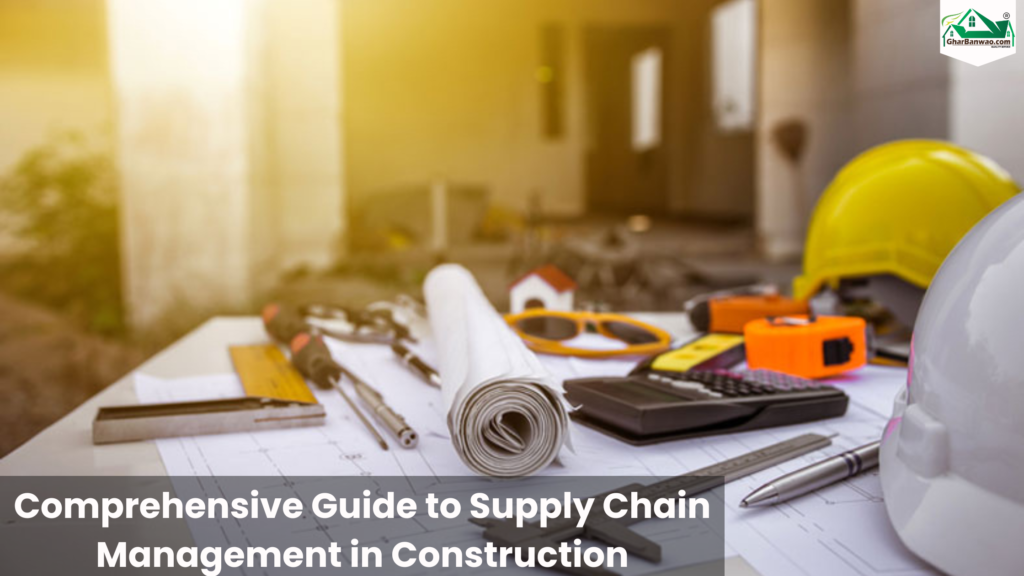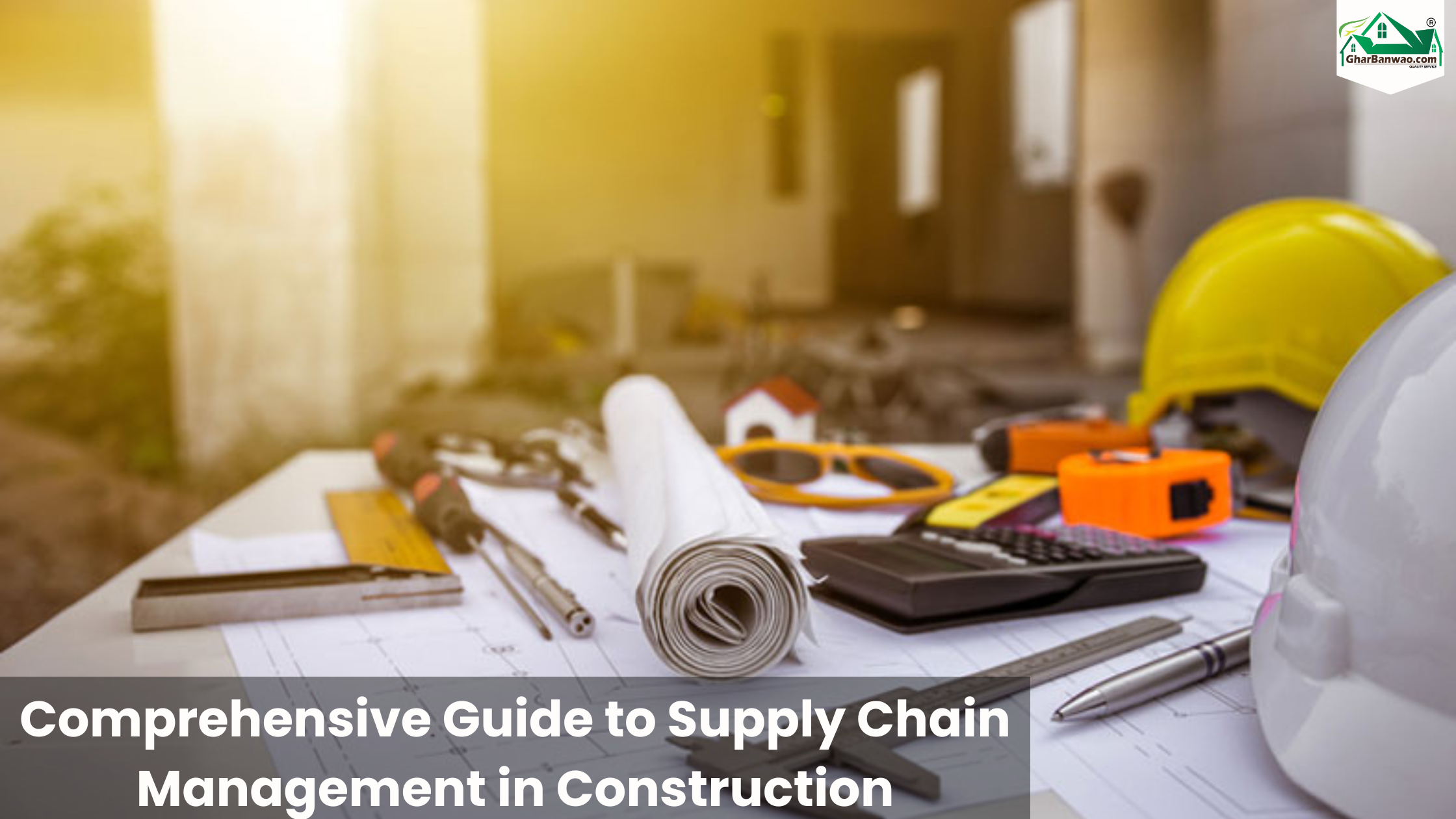Comprehensive Guide to Supply Chain Management in Construction

Supply chain management in construction plays a crucial role in the construction industry, ensuring smooth operations, timely project completion, and cost efficiency. In this guide, we’ll delve into the intricacies of supply chain management in construction, covering key concepts, challenges, best practices, and the future outlook.
Introduction to Supply Chain Management in Construction
Construction supply chains encompass a network of entities, including suppliers, manufacturers, distributors, contractors, subcontractors, and clients. Effective supply chain management involves coordinating these entities to deliver materials, equipment, and services at the right time, place, and cost.
Key Concepts in Construction Supply Chain Management
Procurement: Procuring quality materials and services from reliable suppliers is fundamental. This involves sourcing, negotiating contracts, and establishing partnerships.
Logistics: Efficient transportation and storage of materials are essential for timely project execution. Optimizing logistics minimizes delays and costs.
Inventory Management: Maintaining optimal inventory levels avoids shortages or excesses, reducing project risks and expenses.
Risk Management: Identifying and mitigating risks such as supply disruptions, quality issues, and price fluctuations is critical for project success.
Collaboration: Effective communication and collaboration among stakeholders foster synergy and minimize conflicts, enhancing productivity.
Challenges in Construction Supply Chain Management
Fragmented Industry: The construction sector comprises diverse players with varying processes and standards, leading to coordination challenges.
Supply Chain Disruptions: External factors like weather, market fluctuations, and geopolitical events can disrupt the supply chain, causing delays and cost overruns.
Quality Control: Ensuring the quality of materials and workmanship across multiple suppliers and contractors requires robust inspection and monitoring.
Information Silos: Lack of centralized data sharing and integration hampers real-time decision-making and coordination.
Sustainability: Increasing emphasis on sustainable practices necessitates eco-friendly sourcing, waste reduction, and green logistics.
Best Practices in Construction Supply Chain Management
Collaborative Planning: Involve stakeholders early in project planning to align goals, anticipate challenges, and streamline workflows.
Supplier Relationship Management: Build long-term partnerships with reliable suppliers, focusing on trust, transparency, and mutual benefit.
Technology Adoption: Embrace digital tools such as ERP systems, IoT devices, and project management software for data-driven insights and automation.
Lean Principles: Implement lean methodologies to eliminate waste, optimize processes, and improve overall efficiency.
Continuous Improvement: Regularly evaluate performance metrics, gather feedback, and implement corrective measures for ongoing enhancement.
Future Trends in Construction Supply Chain Management
Digital Transformation: Integration of AI, machine learning, blockchain, and data analytics will revolutionize supply chain visibility, predictive analytics, and decision-making.
Sustainable Practices: Adoption of circular economy principles, renewable materials, and green logistics will drive eco-friendly supply chains.
Also Read:- Top 10 Best Construction Companies In Lucknow
Resilience Planning: Enhanced focus on risk management, contingency planning, and supply chain agility to mitigate disruptions and uncertainties.
Collaborative Platforms: Emergence of collaborative platforms and ecosystems for seamless information sharing and supply chain orchestration.
Skills Development: Upskilling workforce in digital literacy, supply chain analytics, and sustainability practices to meet evolving industry demands.
Conclusion
Effective supply chain management is pivotal for success in the construction industry, optimizing resources, mitigating risks, and enhancing project outcomes. By embracing best practices, leveraging technology, and adapting to future trends, construction companies can achieve greater efficiency, sustainability, and competitiveness in the dynamic market landscape.
Ghar Banwao is a Construction company in Lucknow, providing one one-stop Solution in Architect, Construction with Material, and Interior design.
Final Word
I hope this article contains all the answers to the Comprehensive Guide to Supply Chain Management in Construction, answered in simple words, step by step. If you liked the article, check out our site for more such content.

